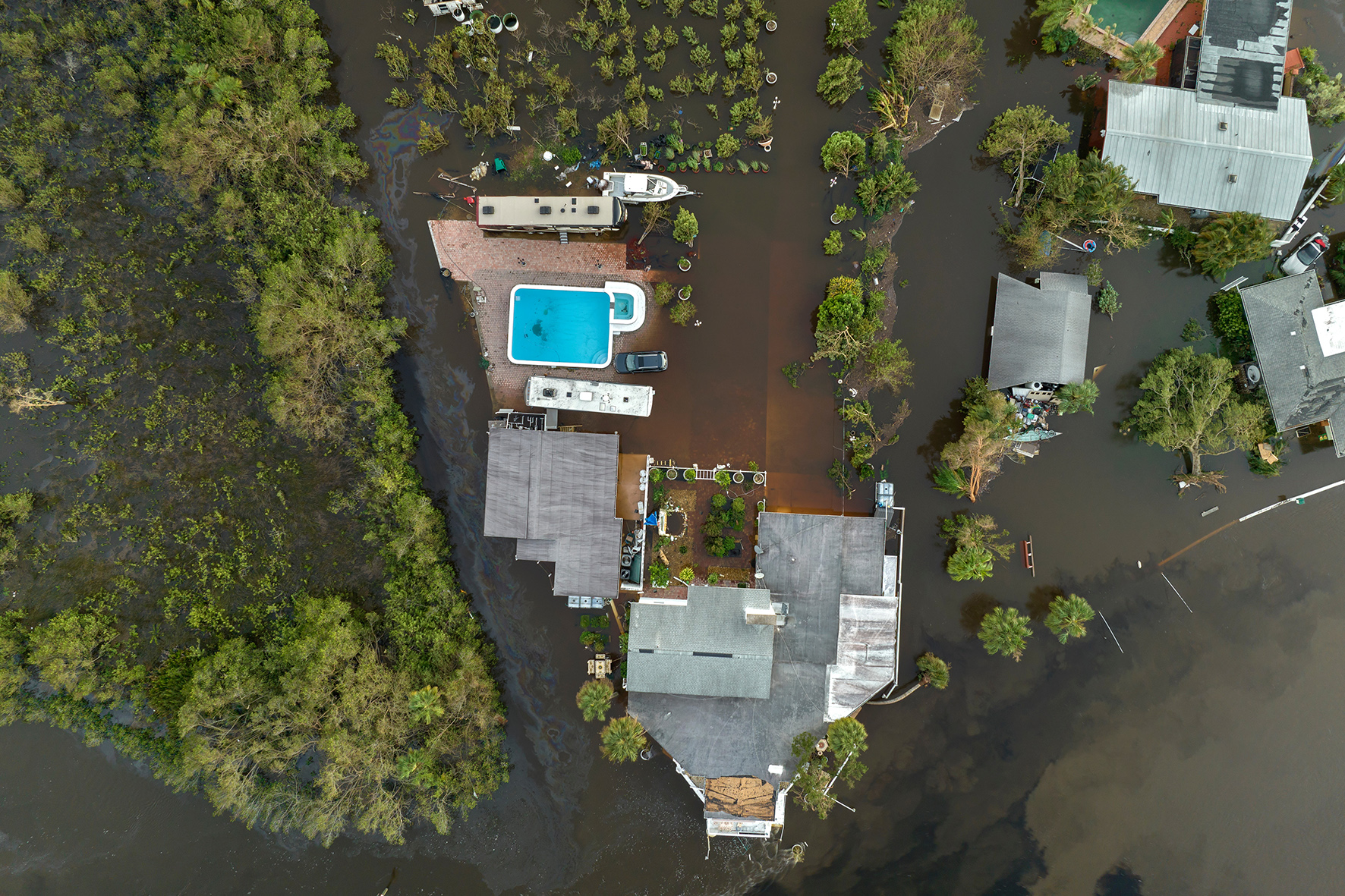Lancaster University to open first prediction market for Atlantic hurricanes

Researchers at Lancaster University Management School (LUMS) are on a quest to bring together experts to predict hurricane activity in the Atlantic Ocean.
The Climate Risk and Uncertainty Collective Intelligence Aggregation Laboratory (CRUCIAL) – a joint initiative between Lancaster and Exeter Universities – is opening its first prediction market to forecast the number of Atlantic hurricanes in the 2024 season.
Hurricanes cause destruction to human life, infrastructure, and the natural environment, with the social, health and economic effects being felt across business and society.
The likely frequency and intensity of hurricanes is valuable information for reinsurance companies that cover hurricane risks as well as planners responsible for the resilience of infrastructure.
“Changing ocean temperatures, driven by climate change, mean that the historical record of hurricanes is no longer a good guide to predict future hurricanes”, explains Dr Kim Kaivanto, Senior Lecturer in the Department of Economics in LUMS and a member of the CRUCIAL initiative.
“The summer of 2023 was the hottest on record with Atlantic temperatures surpassing previous highs, affecting hurricane activity. Alternative approaches are clearly needed to predict how many hurricanes will occur each year and how intense they might be – and we believe our new prediction market will help.”
Prediction markets are designed to aggregate dispersed, diverse information by allowing participants to buy and sell contracts with a fixed financial payoff if a specified event – in this case a specific number of hurricanes – occurs.
The prevailing prices at which these contracts trade can be interpreted as the probabilities of the number of storms that will occur.
These prices evolve as more information becomes available, providing decision makers with an up-to-date forecast that incorporates the expertise and knowledge of all the participants.
Participants in the CRUCIAL market will not have pay to take part, as in some other prediction markets, but will be eligible to receive cash rewards from a £20,000 fund, based on the accuracy of their contributions. The market will open after the 2023 hurricane season ends.
Participants will be invited to take part based on their expertise, and teams wishing to take part are encouraged make themselves known to CRUCIAL via an Expression of Interest.
Dr Kim Kaivanto continued: “Hurricanes are the planet’s strongest and most destructive atmospheric events. They have widespread effects across agriculture, wildlife, and property – as well as on human life.
“We believe this CRUCIAL initiative to be the first of its kind. We aim to demonstrate how sponsored prediction markets, with expert participants, can be used to forecast climate risks by efficiently aggregating diverse expertise and information. Using this mechanism to allocate funding for climate forecasting in a performance-driven way should enhance the credibility of climate predictions.”
For more information on the climate prediction market, and to complete an expression of interest form, visit https://www.crucialab.net/post/expression-of-interest/

Homes in Florida are flooded following a hurricane.
Back to News
